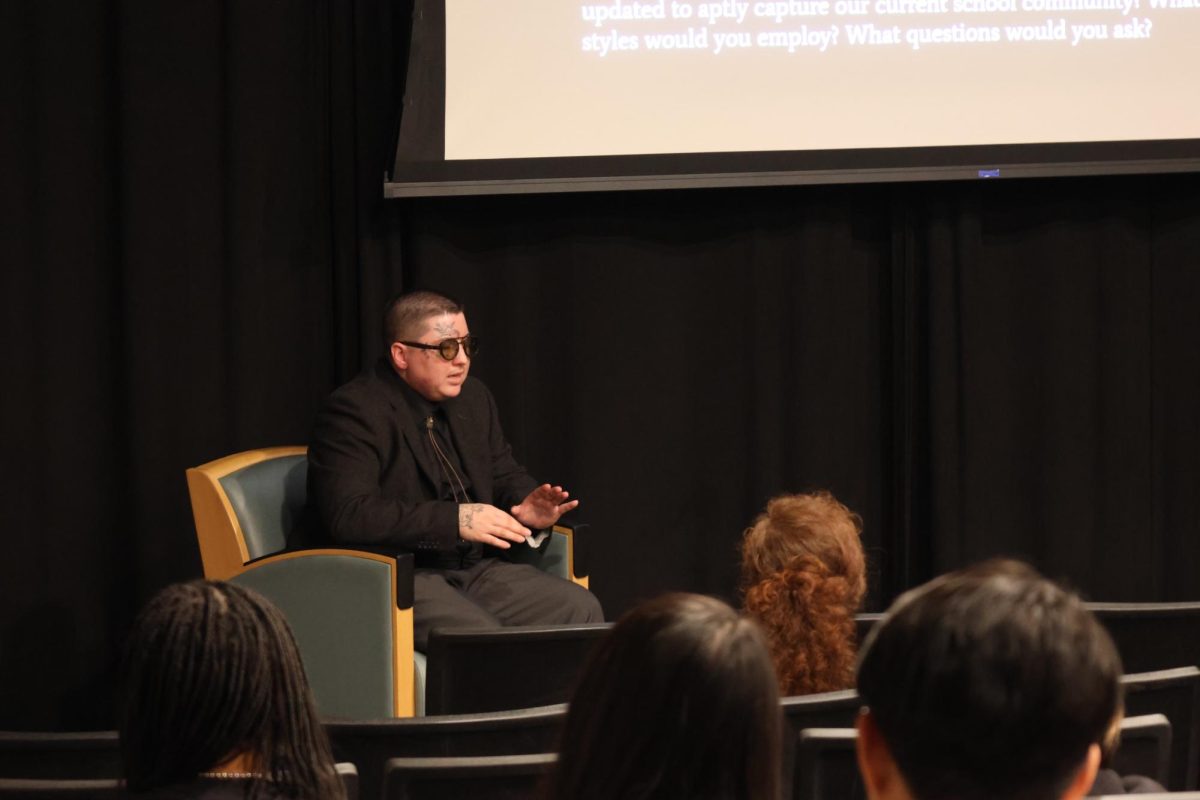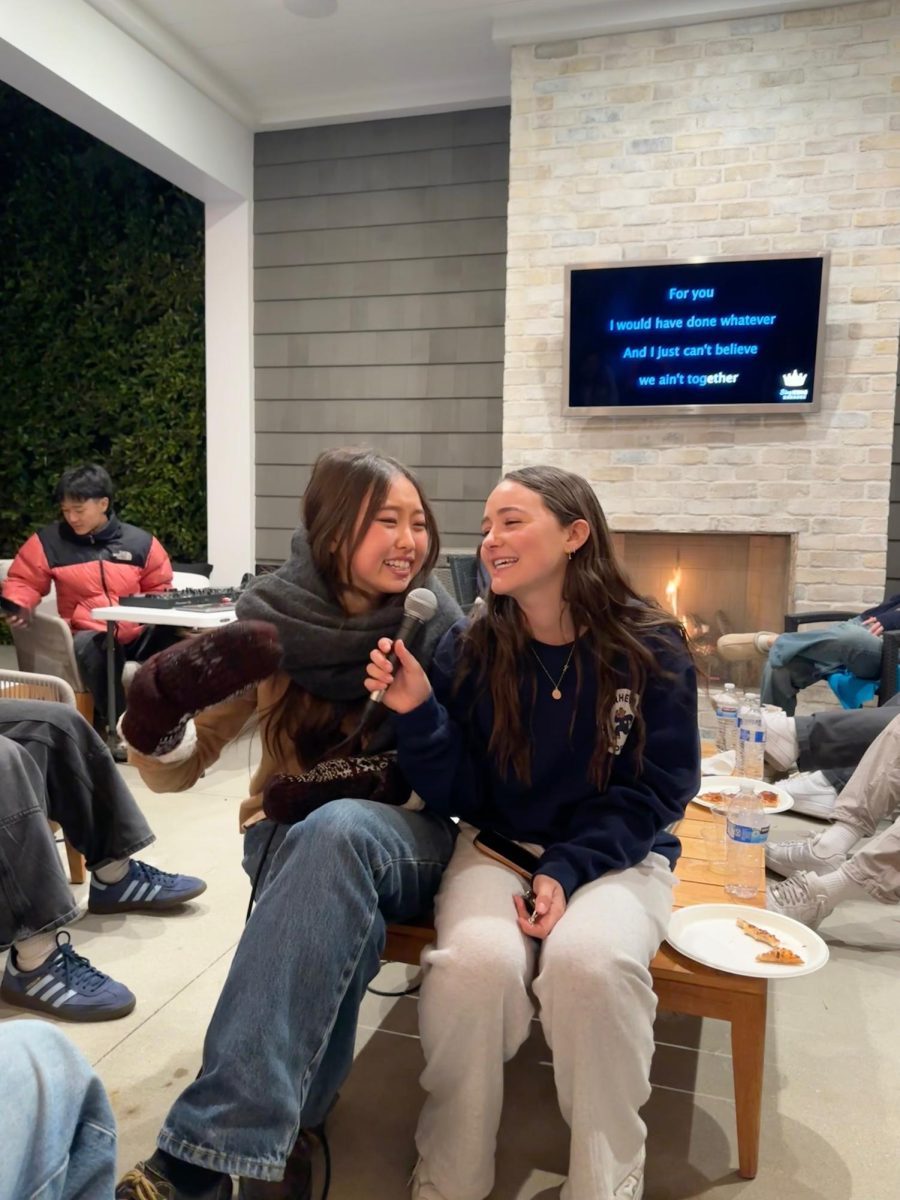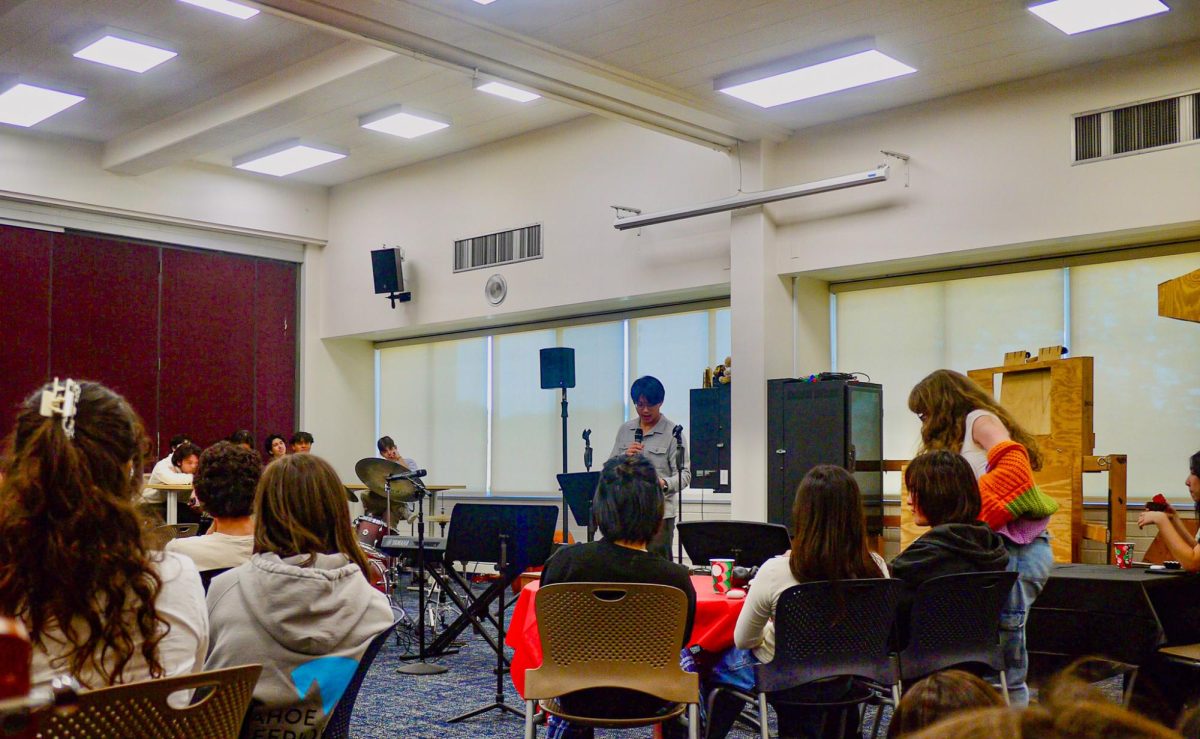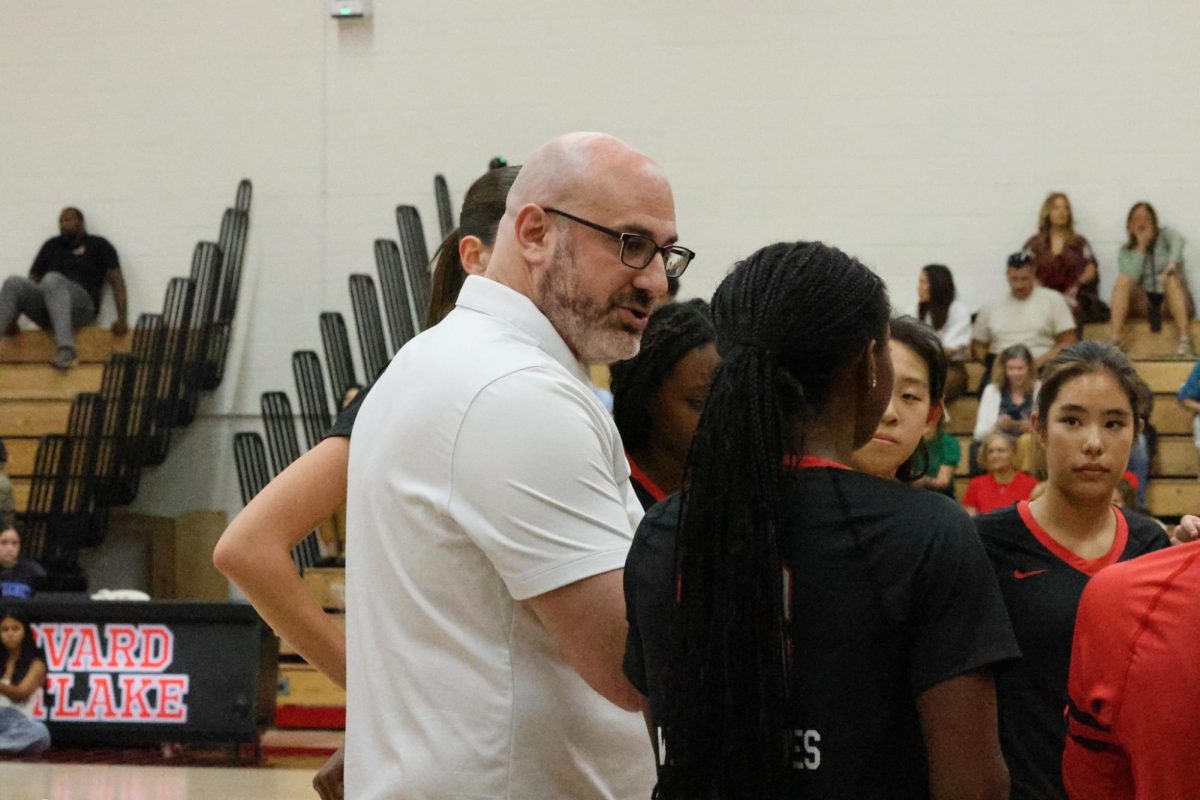Interim Head of Upper School Liz Resnick shared newly developed details of the administration’s AP limit proposal with students at the second of five meetings to discuss the proposed limits Wednesday during sixth period.
The administration has now decided that the new policy will only limit the number of AP classes, not honors classes, students can take because teachers have less control over the curriculum of AP classes since they have an obligation to prepare students for AP exams. Sophomores, juniors and seniors will be limited to two, three and four AP classes respectively.
Resnick said that, overall, the meetings have been effective in starting a dialogue with students about the new policy.
“From my perspective, it’s been wonderful to be in conversation with students about this change,” Resnick said.
However, some students feel that these meetings are only the start of a conversation that must go into more depth. Marcus Leher ’18, who spearheaded a petition against the proposed limits, shared his concern that the administration had not yet come up with solutions to new problems that the limits might bring.
“I think the meeting was definitely effective just from the standpoint of starting a dialogue, but I don’t think exactly all of my or my peers’ questions were answered by Ms. Resnick, so I think I would definitely appreciate some more dialogue with Ms. Resnick or other members of the administration,” Marcus Leher ’18 said.
Paul Leclerc ’18, who worked alongside Leher to make the petition, agreed that some questions he proposed regarding potential challenges that may arise after the implementation of the limits policy went unanswered.
“I thought it was nice to start off with to see [the administrators’] reasoning, but they seemed pretty dead set on their idea and didn’t really seem willing to compromise,” Leclerc said. “It was more of an explanation than anything to really try and get the students’ opinion and input on the matter.”
Resnick said that the administration plans to start the implementation of the limits with the current seventh grade class, meaning it will not directly affect current upper school students. Nevertheless, some students are still concerned about the future of their school.
“My sisters will hopefully be going into seventh grade next year and applying [to college] after,” Leclerc said. “They would be affected by this limit and will be hindered in their life here at Harvard-Westlake.”
Resnick reminded students that the cap on AP limits is one element of a plan to direct more attention to “happiness and balance,” per the new vision statement. She said that the initiative began in 2013, with the decision to move semester exams to before Winter Break, and following that, the addition of a required lunch period and what she calls “pacing days,” which are days off from school during stretches that would not normally have a holiday or vacation.
She said that these policies have, for the most part, been received positively by students, and encouraged students to consider the benefits that the new limits policy would have on student life instead of focusing on its flaws.
“I think it’s a mistake to not talk about the room this now creates for you to take the breadth of options and take full advantage of Harvard-Westlake, not just as a means to an end,” Resnick said.
Initially, Resnick had scheduled four meetings to discuss the policy, but the administration added two more after the administration missed the second meeting due to logistical errors.































